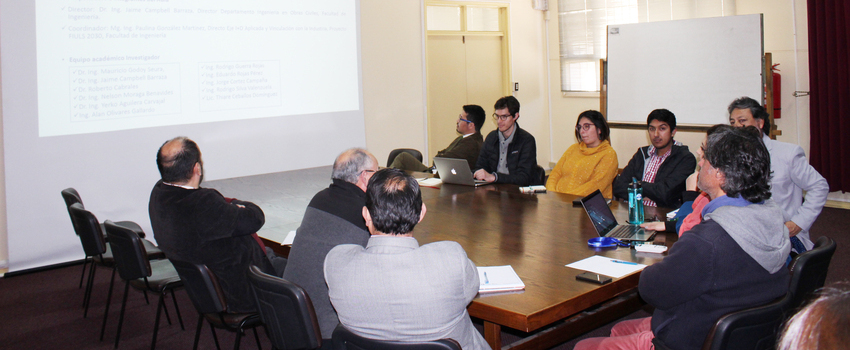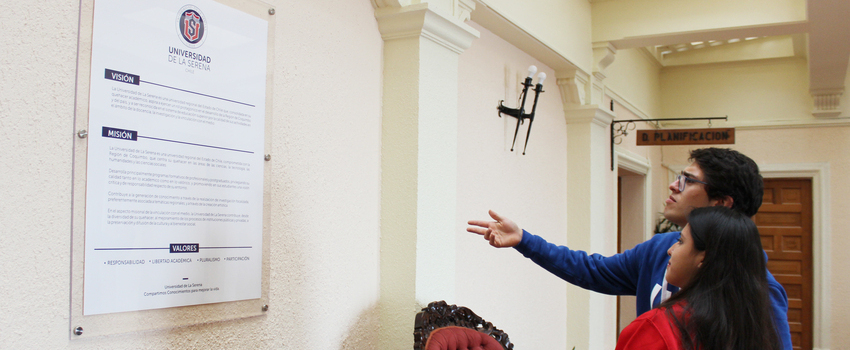
Through 40 large format acrylics, located in the most publicly accessible places on the different campuses, ULS will reinforce the communication of its vision, mission and values. The initiative is part of the corporation's strategic communication plan, in its line of identity.
“A university community that knows, understands and endorses the philosophy that underpins its actions is a community that will never lose its way.” This is stated by the Rector of the University of La Serena, Dr. Nibaldo Avilés Pizarro, when explaining the decision to strengthen the communication of the ULS identity through the installation, on each of the campuses, of large-format paintings that contain the Vision, Mission and Values of the University.
There are 40 units arranged in sectors with high attendance or public access, in such a way as to promote broad access to the corporate definitions that outline the reason for being, the development horizon and the way in which the ULS community lives its project. institutional.
The initiative reinforces previous institutional efforts to communicate these identity elements, complementing the tables that already exist in offices. “This time - explains the director of Strategic Communication, Mg. Carola Espinoza, we integrate corporate values into the dissemination support. Research on identity and communication of organizations shows us that making sustained communication efforts for the appropriation of the corporate philosophy contributes to the sense of community and provides explanatory frames of reference to those who are part of the institution, favoring self-regulated action that, permanently, tune individual objectives with those of the unit in which you work and the institution as a whole.”
The installation process began on August 20 and to date 19 of them have already been installed on the Ignacio Domeyko, Andrés Bello, Enrique Molina Garmendia and Isabel Bongard campuses. In the coming weeks, the installation will continue on the Limarí and Coquimbo campuses and the reinforcement of the campuses that already have the first acrylics.



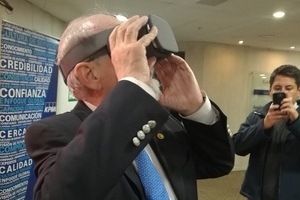 Various personalities related to tourism, politics and science, both local and national, participated during the event. Many of them saw the application and learned about Univrso courses. Among them the prominent astronomer José Maza, who congratulated the initiative, describing it as “a quantum leap. It is notable because in the past, in order to show children the sky, you needed to be at night and in person or through a planetarium, which is expensive equipment (…) This technology lowers those costs and we can show the sky to young people and children. and adults (…) I think it is an excellent initiative because it has notable potential.”
Various personalities related to tourism, politics and science, both local and national, participated during the event. Many of them saw the application and learned about Univrso courses. Among them the prominent astronomer José Maza, who congratulated the initiative, describing it as “a quantum leap. It is notable because in the past, in order to show children the sky, you needed to be at night and in person or through a planetarium, which is expensive equipment (…) This technology lowers those costs and we can show the sky to young people and children. and adults (…) I think it is an excellent initiative because it has notable potential.” 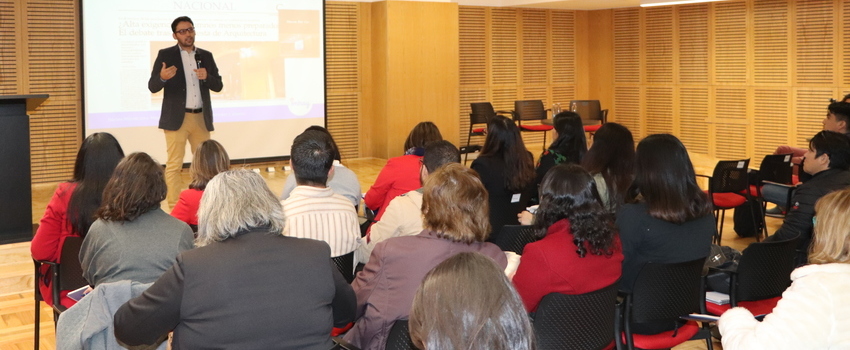
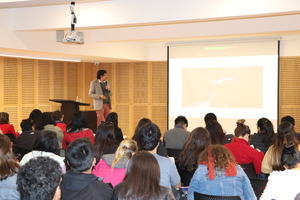
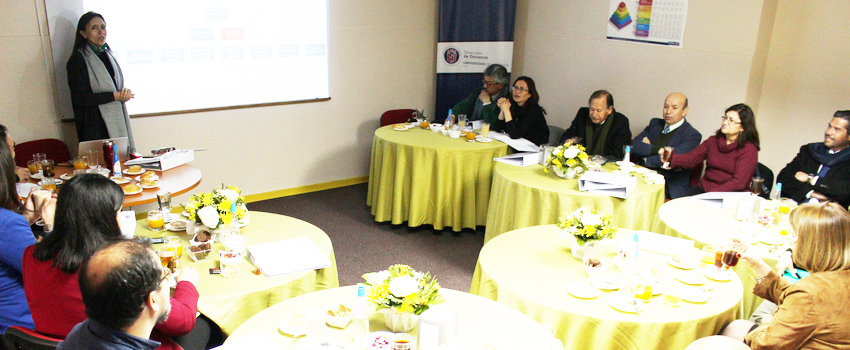
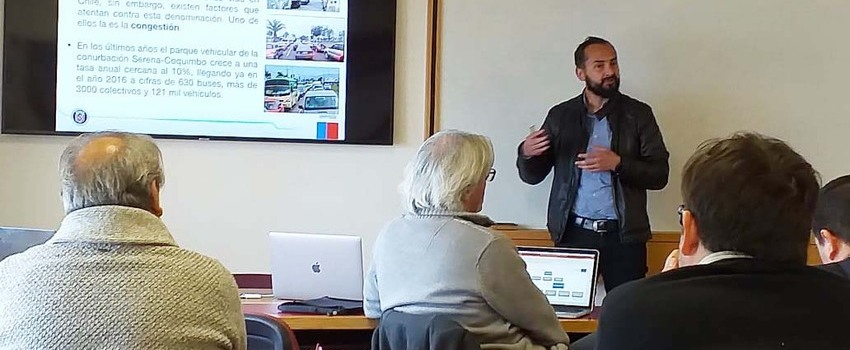
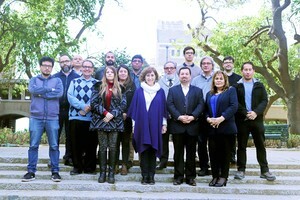 This through the quantification of vehicle flow using advanced computer vision techniques (Deep Learning). The objective is to measure in real time the number of vehicles that travel in the region, their travel time, waiting at traffic lights, among other aspects that will allow the design of new strategies to reduce vehicle congestion and optimize travel times in the Region. from Coquimbo.
This through the quantification of vehicle flow using advanced computer vision techniques (Deep Learning). The objective is to measure in real time the number of vehicles that travel in the region, their travel time, waiting at traffic lights, among other aspects that will allow the design of new strategies to reduce vehicle congestion and optimize travel times in the Region. from Coquimbo.